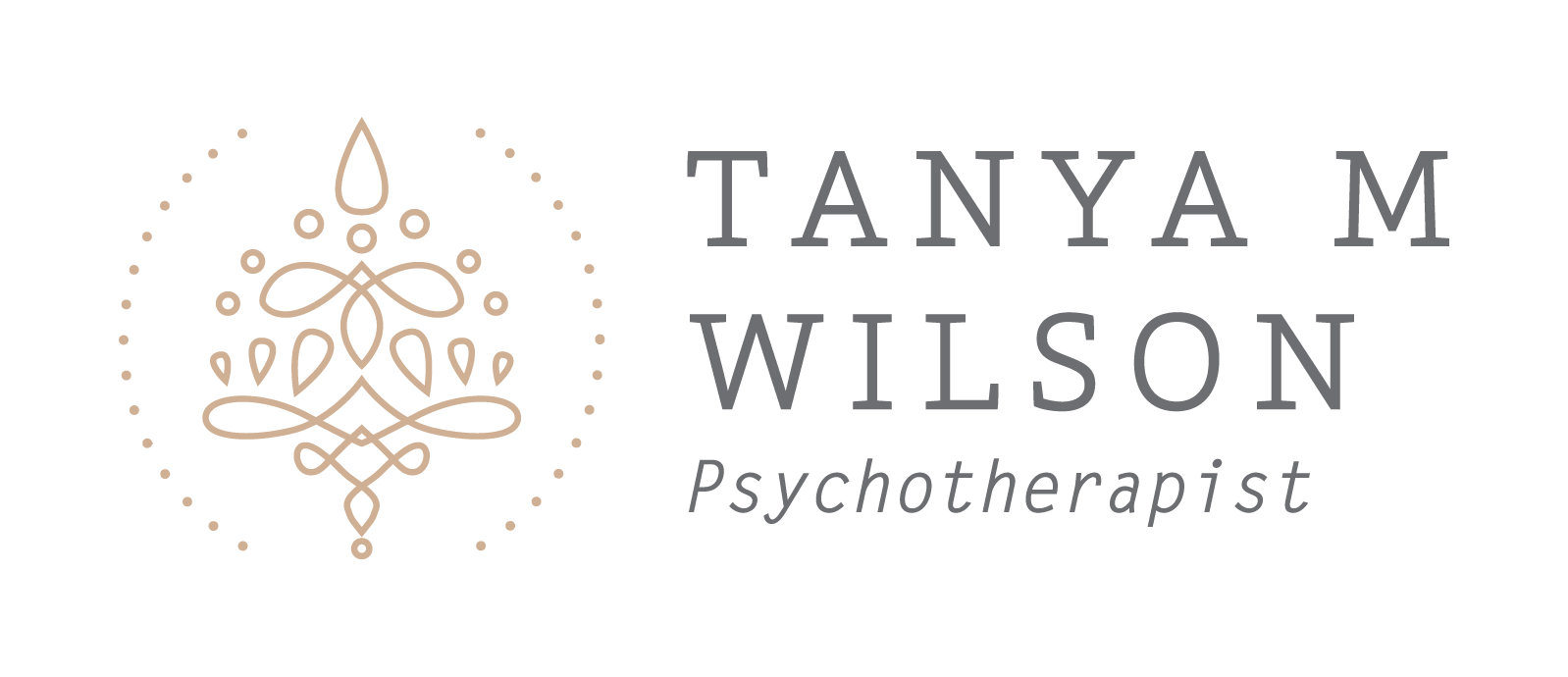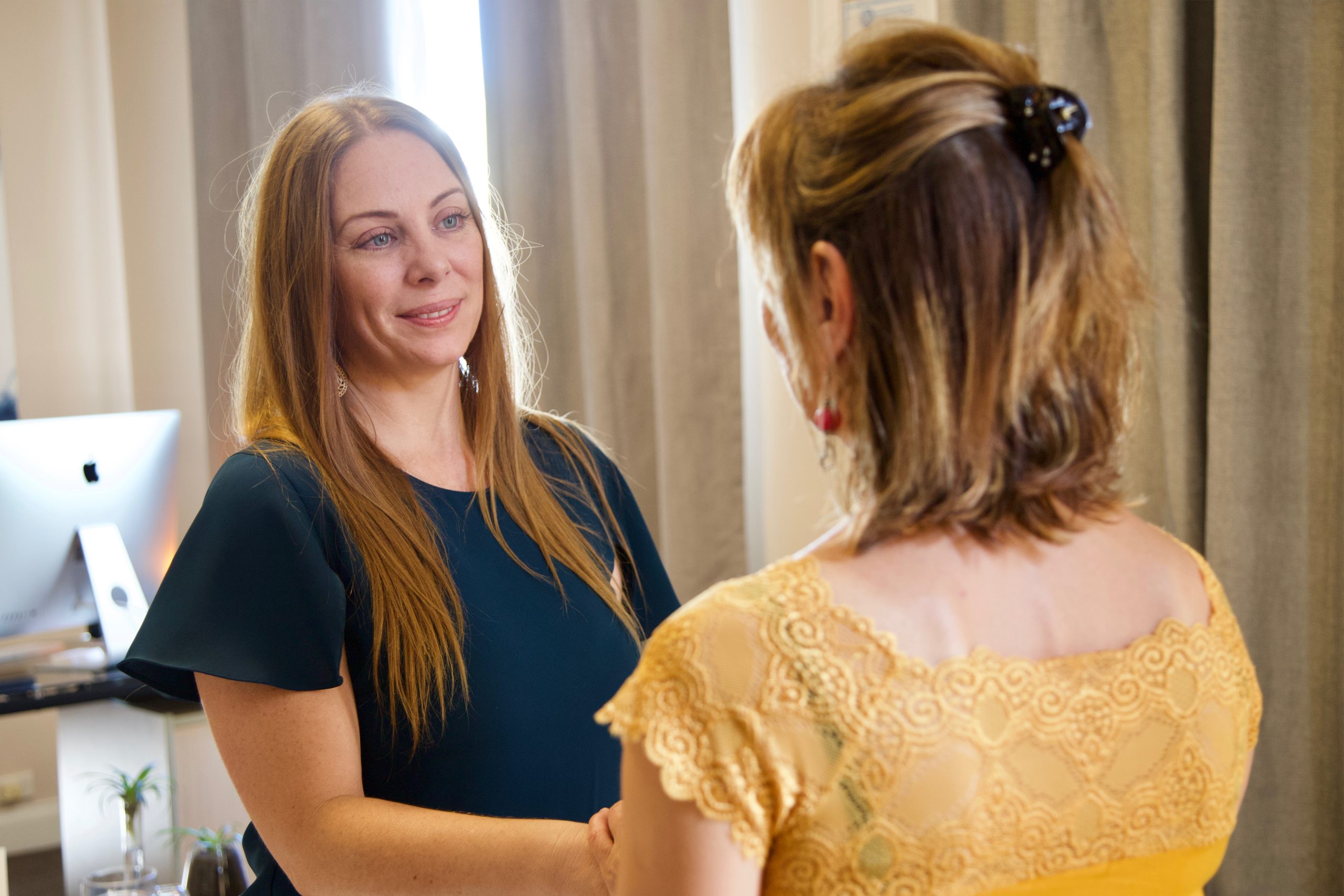Defining and understanding toxic relationships is such a broad topic, which we’ve already started to uncover. Importantly, it’s worth noting that in discussing a toxic relationship that all facets of behaviour are dynamic. And often it is interdependent.
Because toxicity can look different depending on age, culture, upbringing and so many other things,there may be many signs or symptoms of a toxic relationship.
As an Adelaide counsellor, I work with a transpersonal and client centred approach. This means I focus on the world of the client. As such I tend to drop labels and social constructs. Instead focus purely on what an experience or feeling means for the client. And how you can empower yourself to heal.
When it comes to toxic relationships it can be very helpful and important to define what is healthy or unhealthy and dysfunctional or functional. Especially so that we recognise the difference. Below I’ve explained what may change in yourworld if you are experiencing a toxic relationship.
Toxic relationship behaviours

Toxic behaviours can be so diverse as well as underhanded or covert. Rather than give you a list of toxic behaviours, be aware of what is occurring within you when you are experiencing toxicity.
If you reflect on the inner experiences you can apply these:
- work relationships
- love relationships
- family relationships
- parent relationships
- friendships
Understanding and recognising your inner signs that are alerting you to toxic experience is far more beneficial for you than learning how to spot it “out there” in the world.
What is happening with you
It’s likely that you’re in a toxic relationship if any of the following is happening within you:
- Feeling drained of energy. Much like the life is being sucked out of you).
- Feel resentment towards the toxic environment but not really knowing why. This can show up as thoughts such as ‘I don’t want to go to work’, ‘I love my partner but I just need a night off from them’ or just simply avoiding people or places as they leave you with a negative vibe or heaviness.
- You notice your thoughts and words are becoming increasingly negative since being around a particular person/place.
- Spontaneous crying and not really understanding why you are crying. Crying without a reason as such.
- Your immune system is compromised. Even though in this case we are talking about toxic relationships and emotional toxicity, it can have all the same effects as physical toxicity. Which puts a strain and burden on your immune system.
- What is known as a toxic load. This can present as physical attributes such as headaches, aching muscles, sinus problems, rashes, pimples and bad breath.
If you recognise some of the above symptoms showing up since you have had contact with a certain person or place, you may need to unpack what that relationship dynamic is like with a trusted friend, or a counsellor or therapist. Someone neutral and non judgemental is best.

As with physical toxicity, emotional toxicity is harmful. Remember, if something feels like a toxic relationship and your body is giving you symptoms of toxicity, trust yourself and talk with a professional counsellor to help provide an objective view as well as helpful strategies to deal with it.


